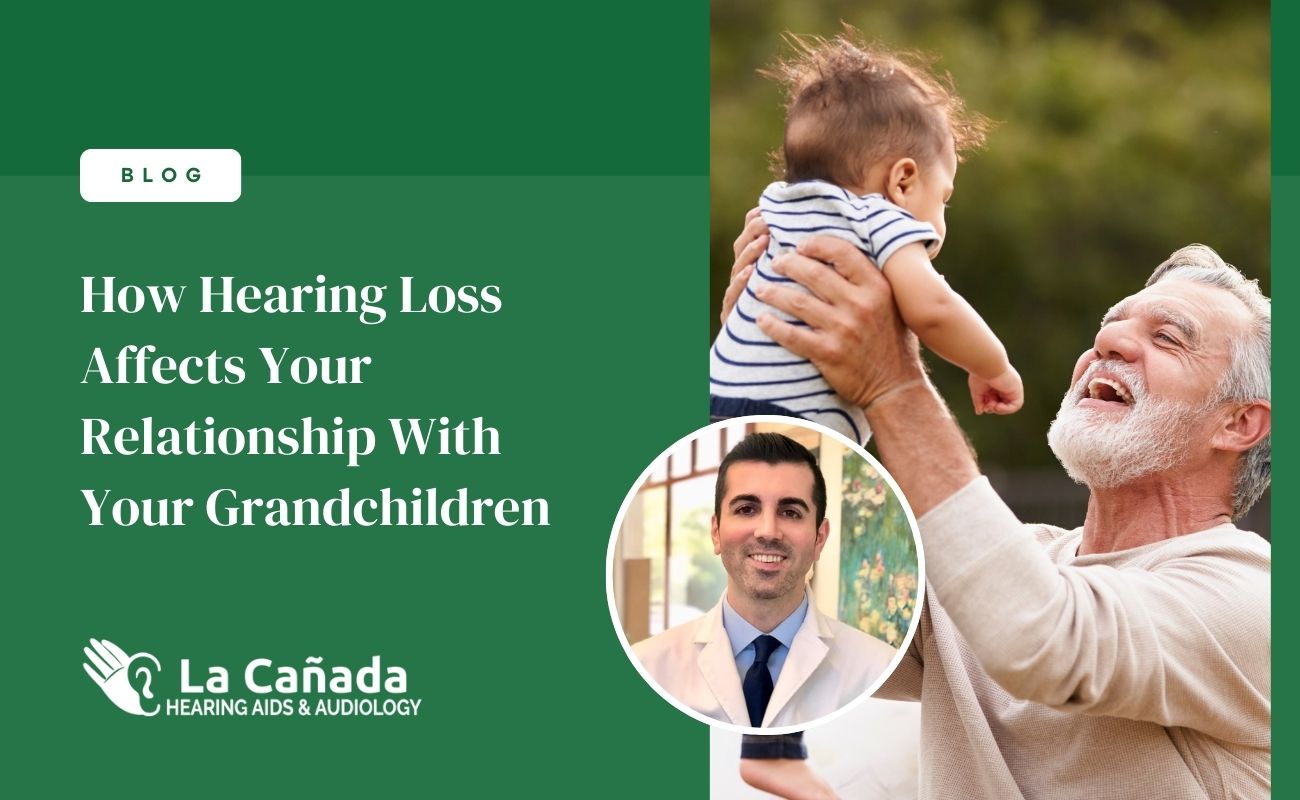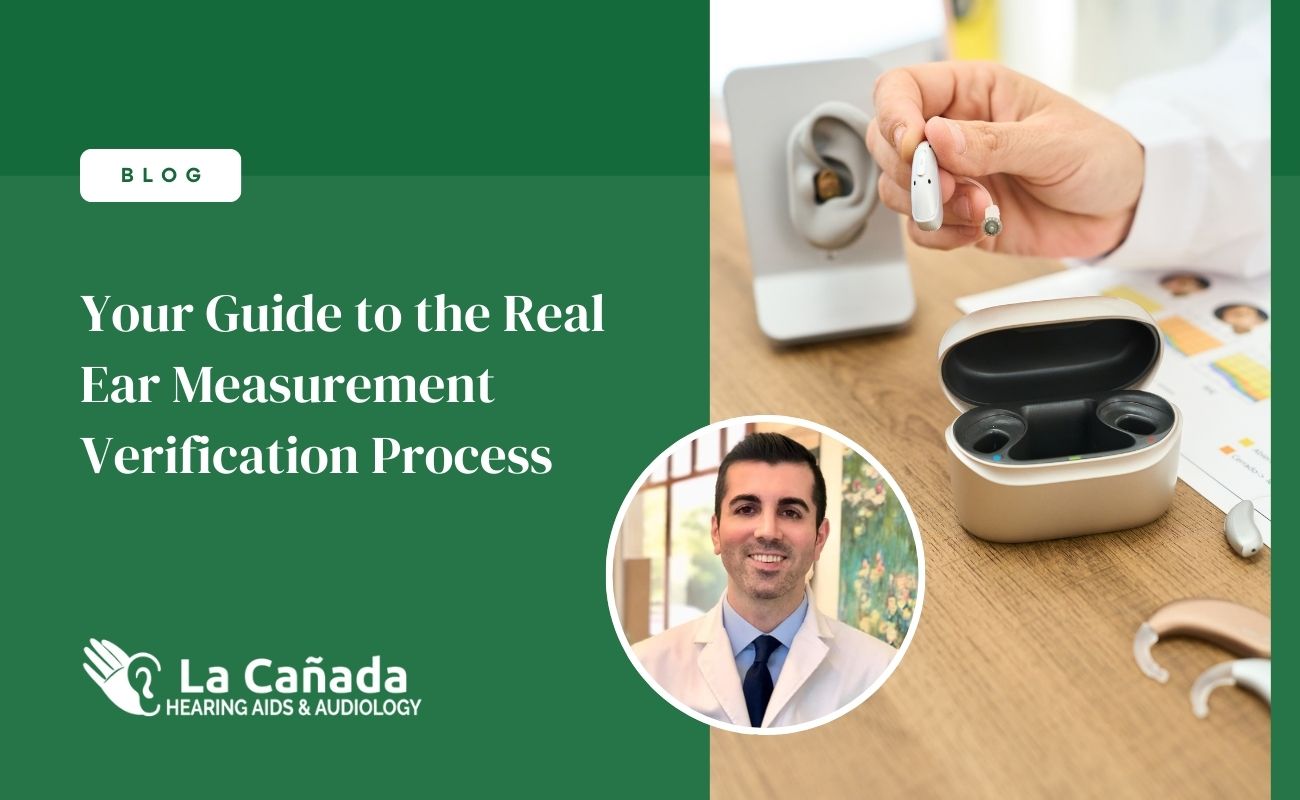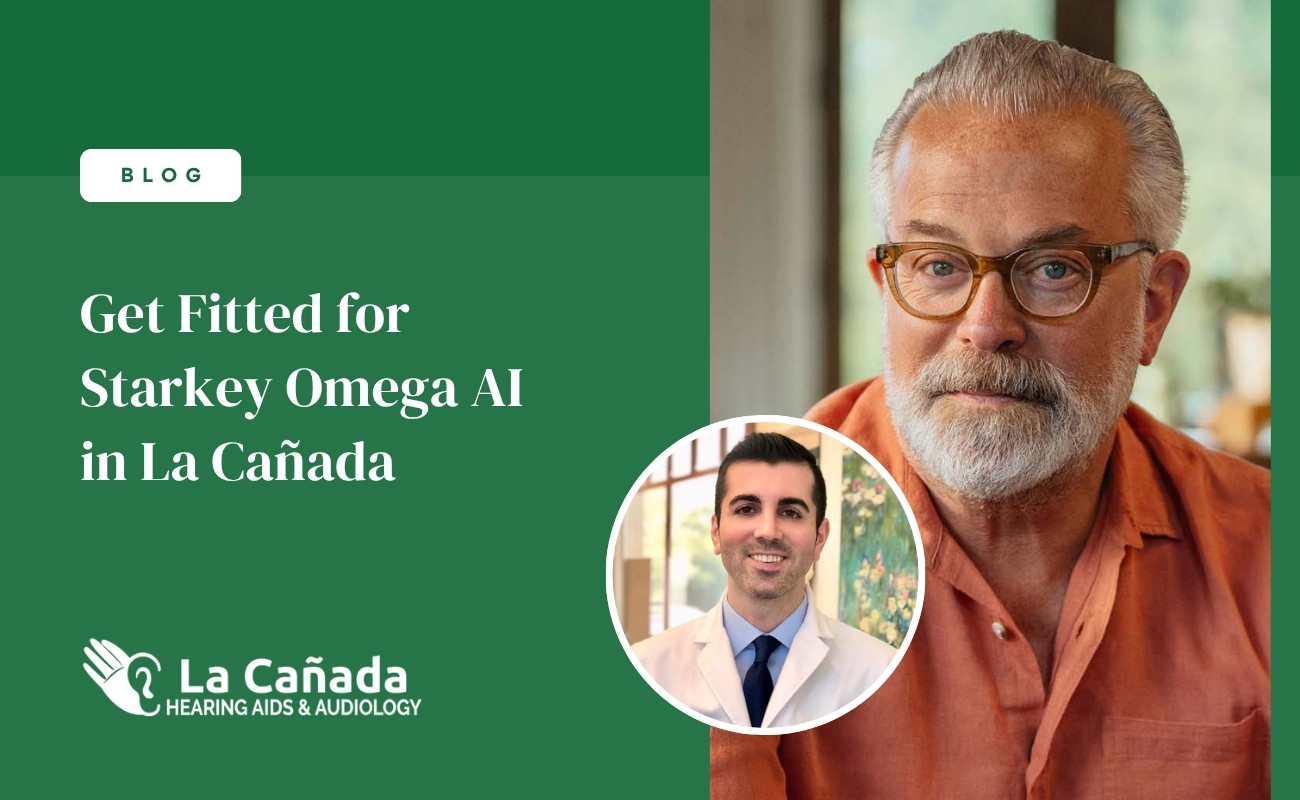A loss of hearing affects much more than just your ears - It has physical and mental consequences that are far-reaching and nuanced. Four out of five people who need hearing aids are not wearing them, and this untreated hearing loss sets them up for many associated health issues.
Comorbidities are characterized as the simultaneous existence in a patient of two chronic diseases or conditions. Hearing loss can occur in conjunction with several other medical conditions. This is not a surprise for those who study the effects of hearing loss - A recent study by the Johns Hopkins Bloomberg School of Public Health showed that not treating hearing loss puts us at risk for a whole host of other conditions.
Let's look in more detail at the kinds of comorbidities associated with hearing loss.
Hearing Loss and Depression
As you would imagine, understanding others while conversing is essential for feeling relaxed in a conversation, but those who have hearing loss don’t often have this luxury. This challenging to communicate with others can become nervous about the prospect of a social encounter. This fear can cause some people with hearing loss to choose to stay at home rather than face an uncomfortable situation. whether it is avoiding a family gathering, meeting a friend in a cafe, or just a trip to the store, social isolation plays a massive role in the association between hearing loss and depression.
Hearing loss and Dementia
Individuals are up to 5 times as likely to experience Dementia when they have any level of hearing loss.
According to several major studies, older people with hearing loss are more likely to develop Alzheimer's disease and Dementia, relative to those with normal hearing. Patients with hearing loss were 69 percent more likely than people with no hearing impairment to develop Dementia.
Hearing loss triggers brain changes that increase the risk of Dementia, studies say. To decode the words and sounds around them, scientists have found that the brain needs to work extra hard, increasing cognitive overload risk. Research has also shown that the brains of people with hearing loss shrink or atrophy faster than those with normal hearing.
Hearing loss and Diabetes
According to a recent study sponsored by the National Institutes of Health ( NIH), individuals with Diabetes are twice more likely to have hearing loss than those without. After evaluating the outcomes of hearing tests offered to a representative group of American adults, researchers found a higher incidence of hearing loss in diabetes participants. The relation between hearing loss and Diabetes was evident across all frequencies, especially the higher frequency range.
The senior author of the study Catherine Cowie, Ph.D., of the National Institute of Diabetes and Digestive and Kidney Diseases (NIDDK), proposed that people with Diabetes should consider checking their hearing.
Hearing loss and Cardiovascular Disease
Heart disease is the most common medical condition in the US, killing almost 610,000 males and females nationally each year.
The cochlea is the part of your inner ear that helps pick up sounds that enter the ear, which is eventually sent to the brain to be reinterpreted as recognizable sounds. This mechanism can be disrupted by deteriorating cardiovascular conditions, which reduce blood flow and make it hard for blood vessels to pass to the cochlea. Without adequate blood circulation, the cochlea's fragile hair cells work without enough oxygen, resulting in damage. These hair cells do not regenerate, so damaged cells will result in a permanent loss of hearing.
Hearing loss and Thyroid disease
A commonly missed comorbidity connected to hearing loss is a thyroid disorder. The thyroid is a gland responsible for releasing the hormone thyroxine, which controls your body's metabolism and energy levels. You have a condition known as hypothyroidism when you do not have enough of this hormone in your bloodstream. Your body's functions will slow down, such as your heart rate, blood circulation, and digestion, and you'll feel tired or faint. This can affect the ears by depriving the inner ear of stable blood supply, reducing the ability of the ears to pick up sounds properly.
Why is it important to treat your hearing loss?
Most individuals wait an average of seven years from the moment they first perceive improvements in their hearing when deciding to seek hearing loss care. Untreated hearing loss during this time might lead to a variety of adverse effects on your physical well-being.
By scheduling a hearing test, however, you are taking the first step towards improved hearing protection. As we have shown today, you might even reduce your risk of depression, Diabetes, Dementia, and heart disease too. Contact us today to set up an appointment with Dr. Kevin Ivory.

.jpg)
.webp)





